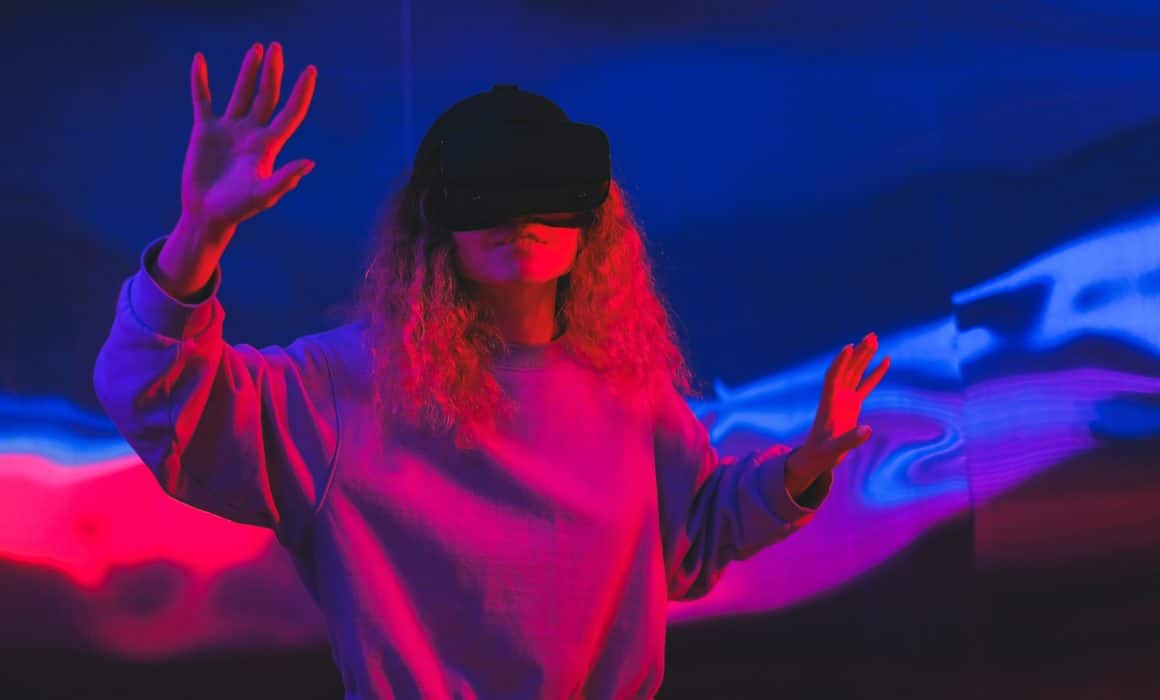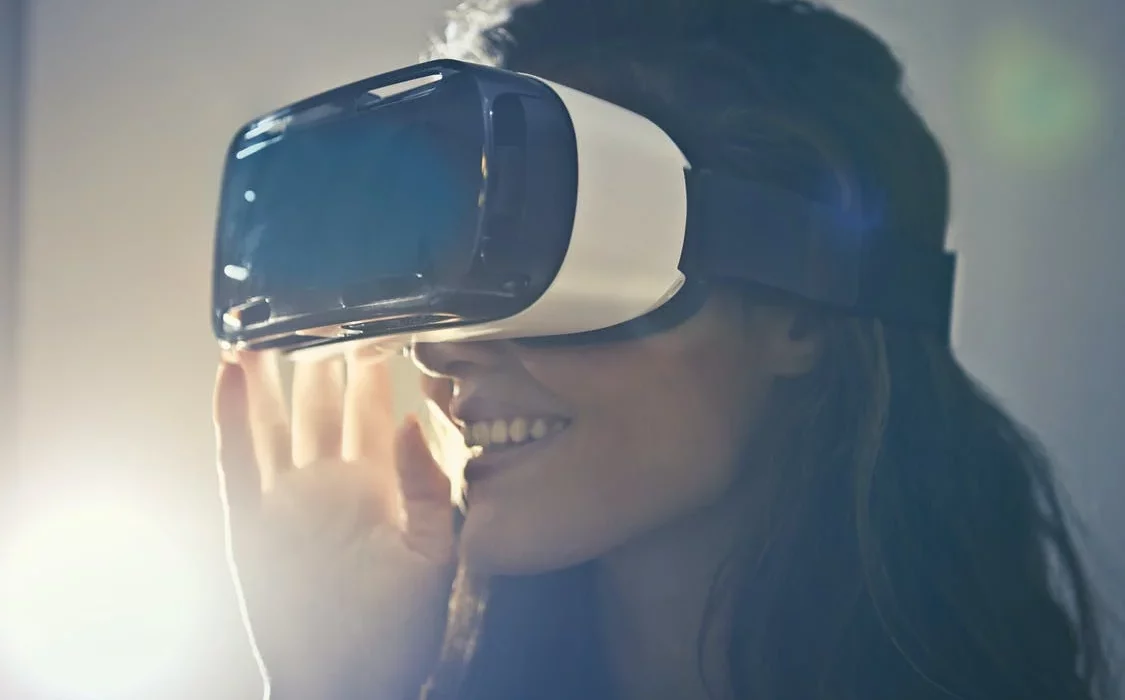As defined by the Mayo Clinic, agoraphobia is “a type of anxiety disorder in which you fear and avoid places or situations that might cause you to panic and make you feel trapped, helpless or embarrassed.” This can range from using public transportation to standing in line in a grocery store. Most people diagnosed with agoraphobia fear public spaces and crowds, thus they confine themselves to their home in order to avoid having a panic attack. Treatment involves psychotherapy and medication, but it takes time for symptoms to improve. Cognitive behavioral therapy is the most widely used treatment because it gradually exposes patients to anxiety-inducing situations, teaching them how to manage their symptoms and overcome their fears.
A recent study out of England analyzed the effectiveness of virtual reality therapy to treat agoraphobic avoidance and patients with psychosis. Researchers analyzed 346 patients who were clinically diagnosed with psychosis and “had self-reported difficulties going outside due to anxiety.” Over the course of 26 weeks, researchers conducted “a parallel-group, single-blind, randomized, controlled trial across nine National Health Service trusts in England.” They split patients into two groups – a VR therapy group and the usual care alone group (control). The VR group was immersed in several different environments over the course of treatment. Whether it be visiting a coffee shop or entering a waiting room, patients were coached the entire way through and encouraged to let go of defensive behaviors. Compared to the usual care alone group, the VR therapy group showed “significant reductions in agoraphobic avoidance and distress” in everyday situations. VR therapy “particularly benefited patients with severe agoraphobic avoidance, such as not being able to leave the home unaccompanied.”
The results of this study indicate VR therapy as a powerful adjunct to cognitive behavioral therapy. This means that, with the use of immersive technologies such as VR, therapy will become much more widely accessible and affordable to patients, especially those who may be too anxious to leave their homes for treatment. Foretell Reality is a social VR platform that provides safe spaces for therapy and support, soft skills development, and other interpersonal activities like real time collaboration and group events. Please visit our website for more information or to schedule a demo.


















Recent Comments